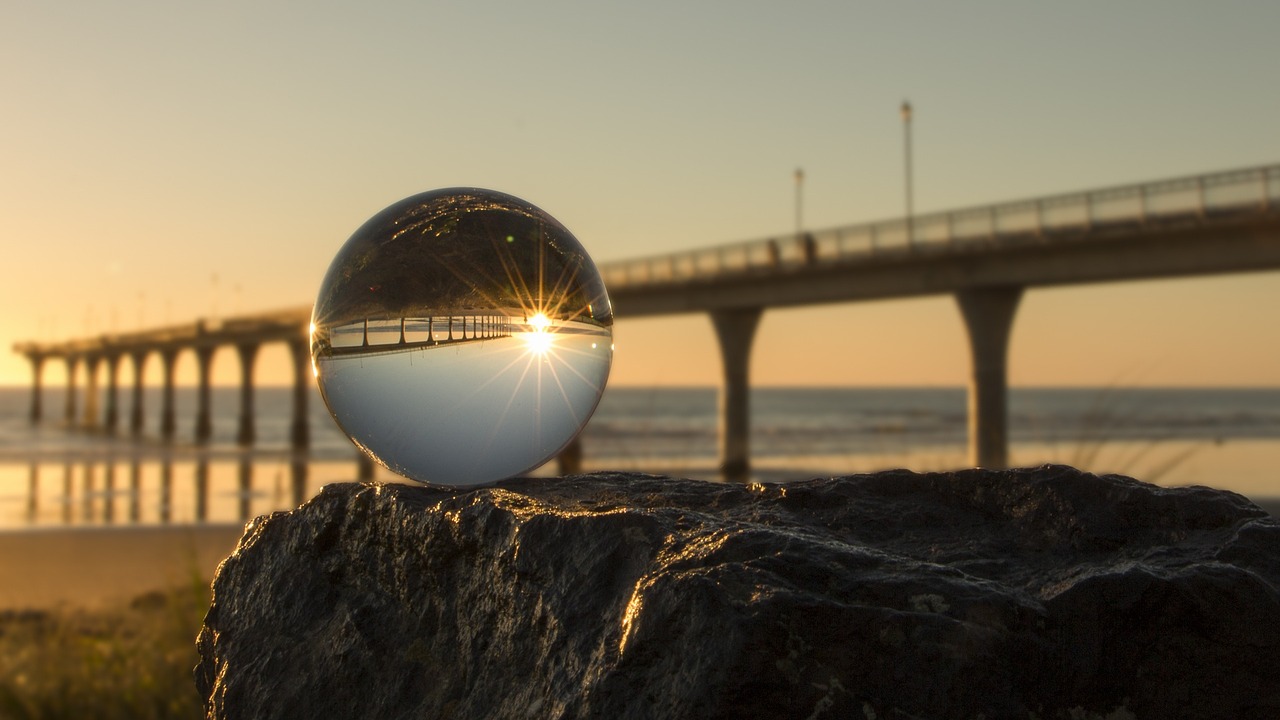The sunrise comes regardless of what devices we use to refract its light.
Great creative acts often provoke feelings of inevitability, as if they make so much sense that the only reason you didn’t do it yourself is because someone else got to it first. Listen to a thrilling hook in a favorite piece of music: the rhythm just make sense, right? Those triplet phrases on the stand-up bass? The high-hat syncopation? The string section adding mass or those terraced dynamics in the choir adding lift? You nod your head and soar.
Of course, none of these things are, in fact, inevitable. Great creative choices are all about insight or hard work or lucky happenstance captured when it counts. Most of the time great creative works make sense to the person seeing or hearing it after the creator has spent countless hours polishing it to a fine shine. The illusion is that it’s inevitable. The reality is that it cost blood.
One thing that makes creative work feel inevitable is when it’s able to speak clearly. A piece might be complex in its design, but when it communicates complexities with ease, we understand the artist’s voice. When Marlon Brando laments “I coulda been a contender. I coulda been somebody,” in the great film On the Waterfront, we’re not moved by his lack of erudition. We’re moved because we understand that he’s talking about how he’s handled his life, about the forces and choices that shape each moment ahead connected directly to each moment behind, an endless line of latitude on the map of his experience. Life is like that: hindsight always makes the present feel inevitable. Only here, in the endlessly cascading present, do we confront the luxury of all the many other, potential choices we could have made. Sometimes we thank our lucky stars; sometimes we hold our heads in our hands.
As everyone knows, life presents very few inevitabilities. We are not guaranteed to fall in love; we are not guaranteed to be healthy; we are not guaranteed to be successful at those things where we apply ourselves.
We are guaranteed to die. Every single person you know will ultimately yield to molecular deconstruction, one way or another. Thoughts will end. Relationships will end. That unfinished novel on your laptop will remain unfinished. Your plan to restore that old twenty-one foot sailboat in your backyard will become someone else’s removal problem. This is an inevitability that cannot be avoided, and it’s because of this equal opportunity that our ultimate inevitability becomes the engine of creation. In our finitude we appreciate those things that try to present alternative solutions, lasting creations, inventive ways out of the labyrinth. In striving to create something sublime we thumb our noses at the end of all things. When we watch or listen or read the work of someone who’s come up with a smart creation that presents itself as inevitable, we nod our head in appreciation. We share the thrill with the creator: it’s a moment that seems like it was destined to be, so clear and natural as to pretend to be obvious. In creative works that present themselves as inevitable we repudiate the ultimate inevitability. The irony chills the soul, even as it gives wings and freedom to creative life.

